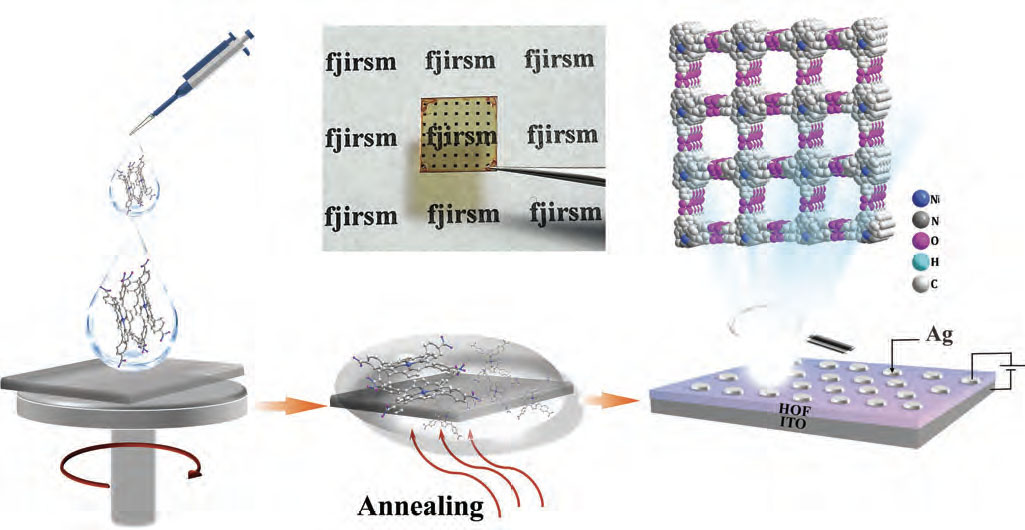
[ad_1]


By
Michael
Berger
– Michael is creator of three books by the Royal Society of Chemistry:
Nano-Society: Pushing the Boundaries of Expertise,
Nanotechnology: The Future is Tiny, and
Nanoengineering: The Abilities and Instruments Making Expertise Invisible
Copyright ©
Nanowerk LLC
Change into a Highlight visitor creator! Be part of our massive and rising group of visitor contributors. Have you ever simply revealed a scientific paper or produce other thrilling developments to share with the nanotechnology neighborhood? Right here is easy methods to publish on nanowerk.com.
[ad_2]